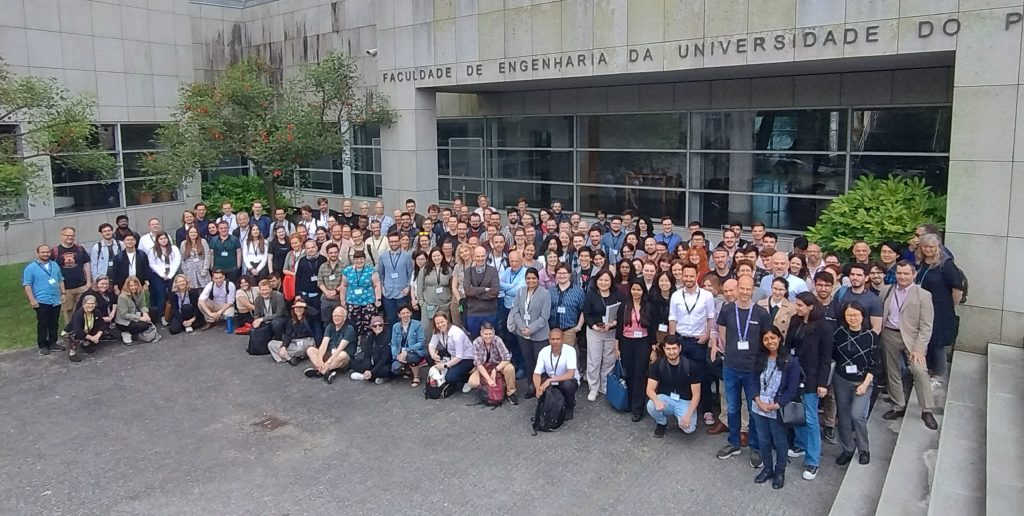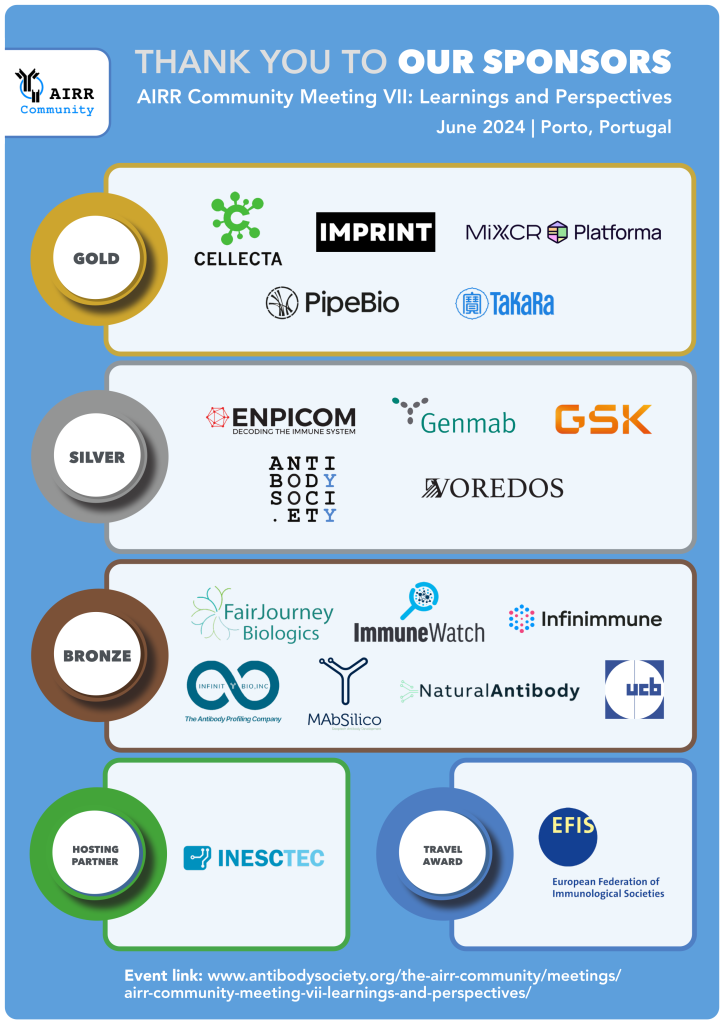 On August 26, 2024, Regeneron announced that the European Commission approved Ordspono™ (odronextamab) to treat adult patients with relapsed or refractory (R/R) follicular lymphoma (FL) or R/R diffuse large B-cell lymphoma (DLBCL), after two or more lines of systemic therapy. This marks the first regulatory approval of Ordspono in the world for these patients.
On August 26, 2024, Regeneron announced that the European Commission approved Ordspono™ (odronextamab) to treat adult patients with relapsed or refractory (R/R) follicular lymphoma (FL) or R/R diffuse large B-cell lymphoma (DLBCL), after two or more lines of systemic therapy. This marks the first regulatory approval of Ordspono in the world for these patients.
Odronextamab (REGN1979) is a hinge-stabilized, bispecific human IgG4k antibody targeting CD20 and CD3 with an Fc that was modified to reduce Fc receptor binding. The antibody was derived from Regeneron’s VelocImmune® technology and Veloci-Bi® platform and is being developed for the treatment of RR B-cell NHL. In 2020, Regeneron granted Zai Lab rights to develop and exclusively commercialize odronextamab in oncology in mainland China, Hong Kong, Taiwan, and Macau. Odronextamab received Fast Track designation from FDA and Orphan Drug designations by the FDA and EMA for the treatment of patients with FL and DLBCL, which are subtypes of NHL.
The approval in the European Union is based on results from the Phase 1 ELM-1 (NCT02290951) and pivotal Phase 2 ELM-2 (NCT03888105) trials, which demonstrated robust, durable response rates in adults with R/R FL or R/R DLBCL
- Results from ELM-1 (N=60) in R/R DLBCL patients who had progressed after CAR-T therapy, as assessed by an independent review committee (IRC) showed 48% objective response rate (ORR), with 32% achieving a complete response (CR). Among responders (n=29), the median duration of response (DoR) was 15 months (95% CI: 3 months to not estimable (NE)).
- Results from ELM-2 (N=127) in R/R DLBCL patients who were CAR-T therapy naive, as assessed by an IRC showed 52% ORR, with 31% achieving a CR. Among complete responders the median DoR was 18 months (95% CI: 10 months to NE).
- In R/R FL, results from ELM-2 (N=128) as assessed by an IRC showed an objective response rate (ORR) of 80%, with 73% achieving a CR. Among complete responders, the median DoR was 25 months (95% confidence interval [CI]: 20 months to NE).
Regeneron submitted biologics license applications (BLAs) for odronextamab for RR FL and DLBCL to FDA. In March 2024, Regeneron announced that the FDA issued complete response letters for the Biologics License Applications for odronextamab. The company noted that FDA’s only approvability issue is related to the enrollment status of the confirmatory trials.



